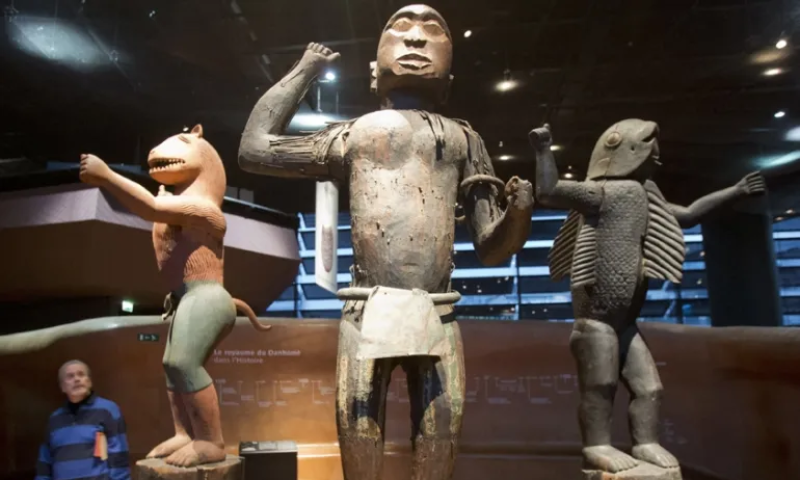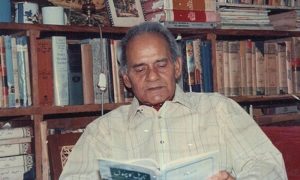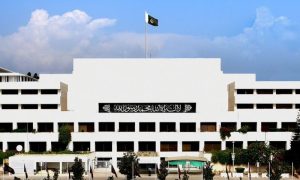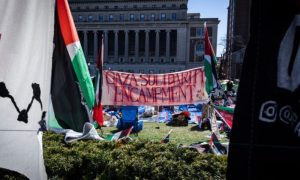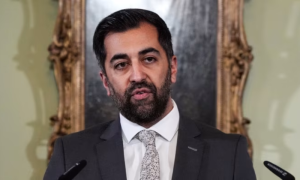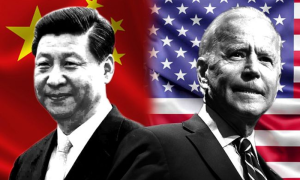PARIS: French museums are confronted with the daunting challenge of identifying and potentially returning tens of thousands of African artworks that were plundered during colonial rule in the 19th and 20th centuries.
In 2017, French President Emmanuel Macron pledged during a visit to Burkina Faso to return “African heritage to Africa” within five years, catalyzing similar initiatives by other former colonial powers like Belgium and Germany.
France took a step forward in 2021 by repatriating 26 royal treasures looted from Benin during colonial times. However, subsequent efforts have faced setbacks, with a government bill authorizing cultural artifact returns being indefinitely postponed in March due to right-wing resistance in the Senate.
French museums are actively researching the origins of approximately 90,000 African objects in their collections, with the Quai Branly museum in Paris housing the majority — around 79,000 pieces — dedicated to indigenous art from Africa, Asia, Oceania, and Americas.
Emilie Salaberry, head of the Angouleme Museum, described the task as “titanic and exhilarating,” highlighting how it has transformed the understanding of museum collections.
Identifying the provenance of objects has become central to museum work, although it remains challenging and time-consuming due to limited sources. The French Army Museum, which began its inventory in 2012, has only studied a quarter of its 2,248 African pieces, facing difficulties in establishing definitive conclusions.
Emilie Giraud, president of ICOM France, emphasized the investigative nature of this work, requiring meticulous cross-checking of scattered clues and sources.
Efforts are underway to institutionalize provenance research. Universities like Paris-Nanterre and institutions like the Louvre School have introduced dedicated courses on provenance. Germany and France have jointly launched a fund for provenance research.
Transparency is key to the process, with curators like Katia Kukawka of the Aquitaine Museum stressing the ethical imperative of acknowledging cataloging inadequacies and historical uncertainties.
Despite these efforts, the absence of clear criteria for restitution poses challenges. Some advocate for returning objects obtained illegally, while others propose loans or long-term retainers as alternatives to full restitution.
As restitution debates unfold, cultural advisers like Nana Oforiatta Ayim caution against inadequate responses, questioning the notion of lending back stolen artifacts.
The quest for restitution underscores broader discussions on addressing colonial legacies and promoting ethical practices in the management of cultural heritage.









